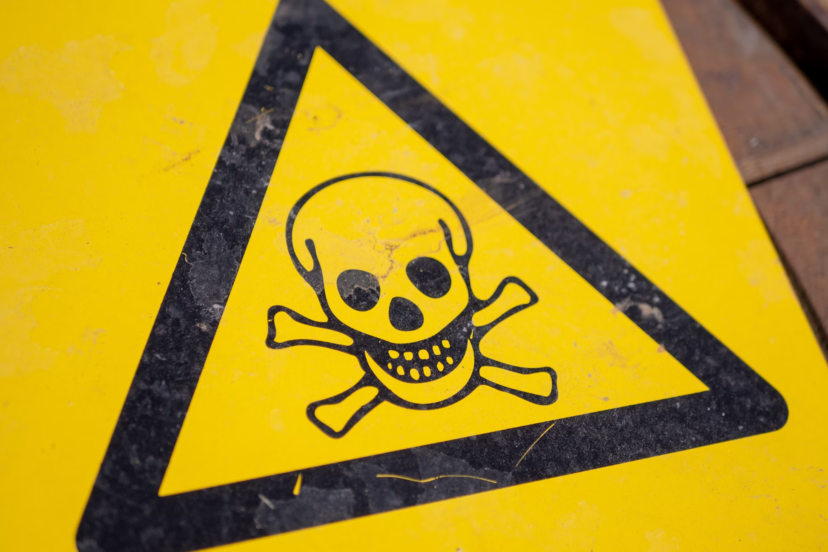Understanding EMF Radiation and Safe Levels for Humans: A Critical Look at the Dangers In today's…
A Beginner’s Guide to Understanding Potential Dangers

We get it, not everyone knows a lot of 6G and its dangers. When embarking on the journey into the world of 5G, the fifth generation of wireless technology, it’s essential to explore not only its benefits but also potential concerns. If the myriad technical terms surrounding 5G have you feeling bewildered, fret not! This guide aims to break down the complexities into straightforward concepts, especially focusing on addressing the worries that some individuals have regarding the potential dangers of 5G.
Understanding 5G:
At its core, 5G represents the next evolution in mobile networks, promising faster speeds, lower latency, and increased connectivity. However, as with any technological advancement, there are concerns that deserve attention. Let’s delve into some key considerations regarding the potential dangers associated with 5G.
Perceived Dangers of 5G
Health Concerns: Some individuals express worries about potential health risks associated with the increased exposure to electromagnetic radiation from 5G. While numerous studies have been conducted, the consensus among health organizations is that the current evidence does not establish a direct link between 5G and adverse health effects.
Privacy and Security: With the proliferation of connected devices, 5G raises concerns about data security and privacy. The sheer volume of data transmitted through the network could be susceptible to breaches if not adequately protected. Understanding the importance of robust security measures is crucial in addressing these concerns.
Environmental Impact: The deployment of 5G infrastructure involves the installation of additional antennas and equipment. Some argue that this increased infrastructure may have environmental repercussions. However, ongoing efforts focus on minimizing the ecological impact and exploring sustainable deployment practices.
Potential for Misuse: The powerful capabilities of 5G also raise concerns about potential misuse, including surveillance, cyberattacks, and the creation of sophisticated deep fakes. It is crucial to implement ethical guidelines and regulatory frameworks to mitigate these risks.
Addressing Concerns
Scientific Assessments: Reputable health organizations, such as the World Health Organization (WHO) and the International Commission on Non-Ionizing Radiation Protection (ICNIRP), continually evaluate the potential health impacts of electromagnetic radiation, including that of 5G. Understanding these assessments can help alleviate health-related concerns.
Privacy and Security Measures: To address privacy and security concerns, it is essential for users to be aware of the measures taken by service providers and device manufacturers. Emphasizing the importance of strong passwords, encryption, and regular software updates can contribute to a safer digital experience.
Sustainable Deployment: Recognizing the environmental impact of 5G infrastructure, industry stakeholders are actively exploring sustainable deployment practices. Emphasizing the use of renewable energy sources and minimizing the ecological footprint is pivotal in addressing environmental concerns.
Regulatory Oversight: Governments and regulatory bodies play a crucial role in overseeing the responsible deployment and use of 5G technology. It’s important for users to stay informed about regulatory frameworks in place and advocate for transparent and ethical practices.



